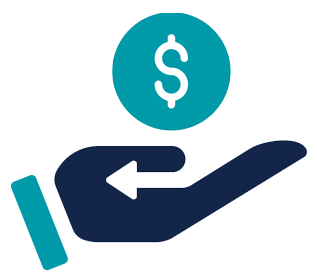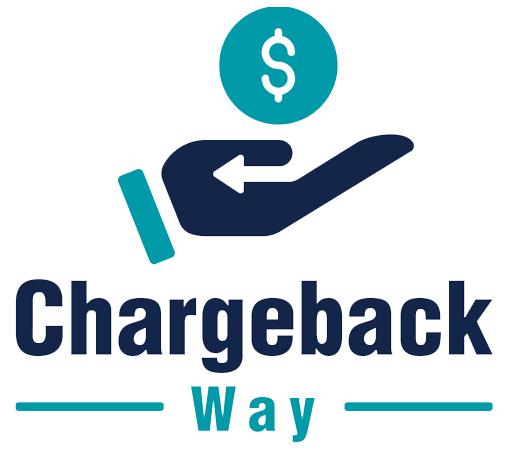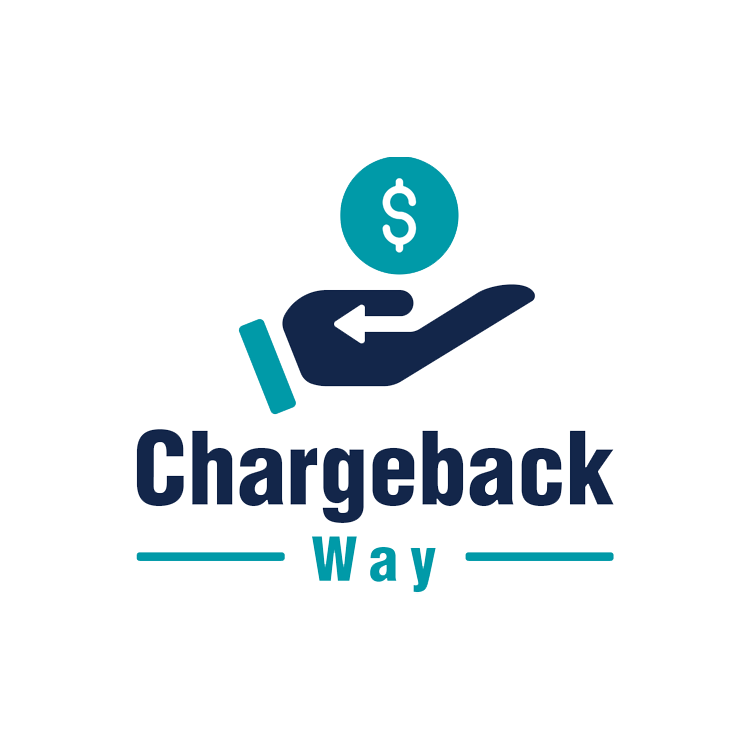PSA Claims Social Media Scams Are Here & They Are Subtly Targeting You!

Do you know social media is not secure? Yes, I know you believe when you have two-factor authentications on and everything, your data on social media is safe and all, but unfortunately, that is not the case.
Just like other scams, social media scams are also popular these days. They are very well hidden, and you won’t be able to identify them, and before you know it, your social media account and other data have been hacked by scammers. Knowing how a social media scam works and what types of scams are there in the market is important as it will help you out with keeping yourself away and secured. So, how exactly does a social media scam work? Without further wait, let’s find out everything about it.
How Do Social Media Scams Work?

First of all, according to a United States Trade Commission report, in 2021, around 95,000 Americans reported missing funds after encountering a social media scam, summing up to around US$770 million or more. Scammers target youngsters and old citizens, and usually, ages between 18 and 39 are likely to be targeted.
These scams are simple; you get a link, advertisement, or a profile to visit on your social media account. These can be through your private messages, fake links on your friend’s account, or something similar. Then you click on the provided link, then boom, either your account is hacked, your data is stored, or you are required to fill in some important information, and eventually, they gather all the data and then blackmail you with it.
The process is simple, but it can lead you to a massive amount of losses in a single go, so always be careful. The social media scams are well hidden and subtle, so it is important to know about the top scams never to be fooled again. Let’s learn about them.
Top Social Media Scams
These are a few of the social media scams that have been the talk of the whole internet for quite a while. Let’s get into their details and learn more about them.
1. Lottery and Gift Cards
Posts on social media claim that you have gotten free gift cards for popular franchises like Target, Amazon, Starbucks, Cheesecake Factory, and others. Then there are some that say that you have won the lottery and click on the link to claim your prizes.
However, when you click the link, then you are redirected to another page where they ask for your information to get your rewards. The information they ask for is different for every website, but some things are common such as they might ask for your full name, address, phone number, and such. The prize money winning posts may need your account number for a money transfer, but all these might lead you to a trap where you might get scammed and lose all your money from the bank account.
So, remember you can never win the lottery that you did not buy the ticket for and never give important details, especially bank details to such weird-looking pages.
DO YOU NEED EXPERT ADVICE?
We have encountered victims who were mentally and emotionally drained when they were scammed out of their money. We can help you with your legal and technical concerns. We can help you get your money back.
2. Picture of You
This fraud has been circulating these days quite frequently. Even though everyone knows about the email phishing scams; on social media too, these are a bit different from the email one but almost similar in nature.
In such a scam, you get a message in your Twitter or Facebook inbox with something along the line of “Have you seen this photo of you??” or “Is what this website or blog says about you true??” These messages have links that you have to click on to view their claim and ask you for your account log in information, and that is how they gain access to your account and get your pictures, videos, posts, and other personal data to blackmail you for their benefit.
3. Who Viewed My Profile
Everyone is curious about who viewed their profile and if their crush views their profile or not, right? This scam is perfect for such curious people, and you would not even know that you are being scammed and all your personal data will be in the hands of others.
They usually create fake login pages that collect your credentials and lead you to survey pages and other such pages to collect your personal data that they can sell to other scammers or might use for their advantage against you.
There are other scams, including; test your IQ scams, gossip column scams, stuck abroad frauds, 419 scams or Nigerian scams, and many more. So, to stay safe and away from these, we have some tips for you. Make sure to read the next section to learn about it all.
PSA Recommendations on How To Stay Safe?

The simple rule is to never indulge yourself with websites, advertisements, or pages that are suspicious or want to know more about your personal data. No IQ test, who viewed my profile, or such advertisements and questions require your personal data.
Limit your posts so that only a few selected can see what you post and what your life is about. Never go to external links that sound fake or continuously redirect to somewhere suspicious, as that might be a hacking link. If you get invites from your friends or family to follow a link or purchase a specific good by clicking on the link for free or for a discount, then always avoid clicking them and ask your family members if they have sent you such a link or not as this might possibly be a scam. Just do not share your personal information and stay away from links that you may find fake.
Now, you probably know how dangerous social media has become. It is up to you to secure yourself from the dangers or straight up go out and embrace them and then cry. Social media scams are not easy to identify, so always double-check everything and make sure you only show your important information to a person who you trust. Other than that, do not allow anyone to enter your account, do not share personal details, and never give out your passwords to third-party applications or weird links. You will be safe from the subtle social media scamming attacks.
Sources
Find Related News
paragraph
paragraph
Subscribe to Our Newsletter

Scam Recovery Resources
The A to Z of Financial Fraud & its Components
Financial fraud is defined broadly as an intentional act of deception involving financial transactions for personal gain.Regardless of the type of financial fraud, it is critical to report the crimes to the appropriate agencies and law enforcement as soon as possible. Financial fraud should also be reported as soon as possible to the appropriate authorities.
What Can Scammers Do With Your Paypal Email?
Change all of your passwords right away, remove any malicious software you may have downloaded, and, if necessary, contact your credit card company if you think you’ve been scammed. To report the scam and receive assistance with the next steps, get in touch with your neighborhood law enforcement agency.
Explore All The Details Regarding Money Scams to Protect Your Funds From The Tactics of This Malicious Activity
Online money scams are various fraud approaches worked with by cybercriminals on the Internet. Scams can occur in a horde of ways: phishing messages, online entertainment, SMS messages on your cell phone, counterfeit technical support calls, and scareware.
Enron Case Scandal – One of The Largest Banckrupcies in The World Due To An Online Banking Scandal
During Enron’s Good days in 2000, the stock price reached $90, while in 2001 it directly fell to bankruptcy. With its fast growth and vast gas distribution network, it became the 7th largest company in America. Although most of its development was actually from non-energy interests, it was profiting from brokering and trading.
Warning!!! 10Brokers.com Blacklisted for Investment Scams
10Broker is also not an Fx dealer with a license. The corporation will breach the rules, putting its shareholders at risk in the meantime. The system will not last much longer in the marketplace, and it is predicted that it will be shut down once it has stopped defrauding consumers.
Our news section focuses on reporting scam related news and alerts. We aggregate information from the web, as well as, reach out to our contacts so that we can get the latest scoop on scam operations.
FundTrace is committed to upholding the journalistic standards online, including accuracy. With our news reporting, our policy is to review each issue on a case by case basis, immediately upon becoming aware of a potential error or need for clarification, and to resolve it as quickly as possible.
We Can Help You
Victims of scams are stressed out because they don’t know what to do. We have the tools and experience to fight off scams, and our team can help you in getting your money back.
Please fill up the form now so that our team will get in touch with you.









